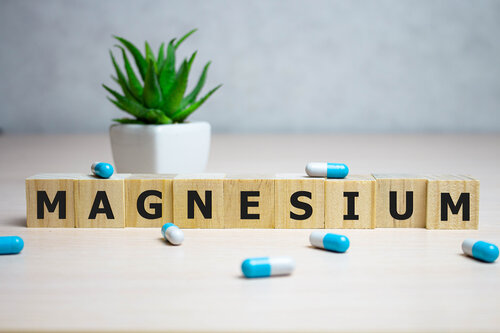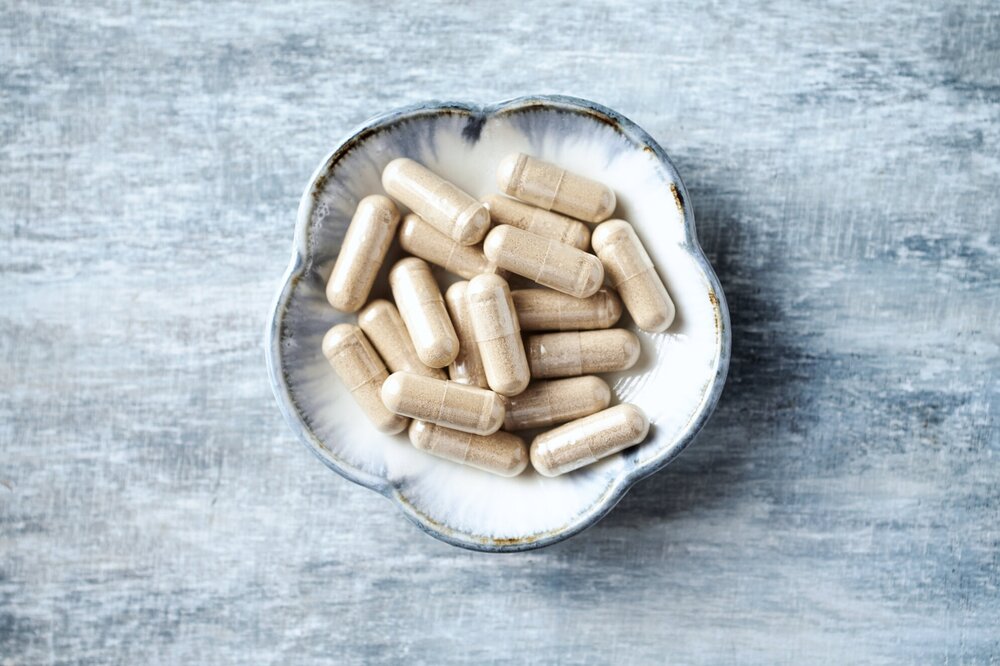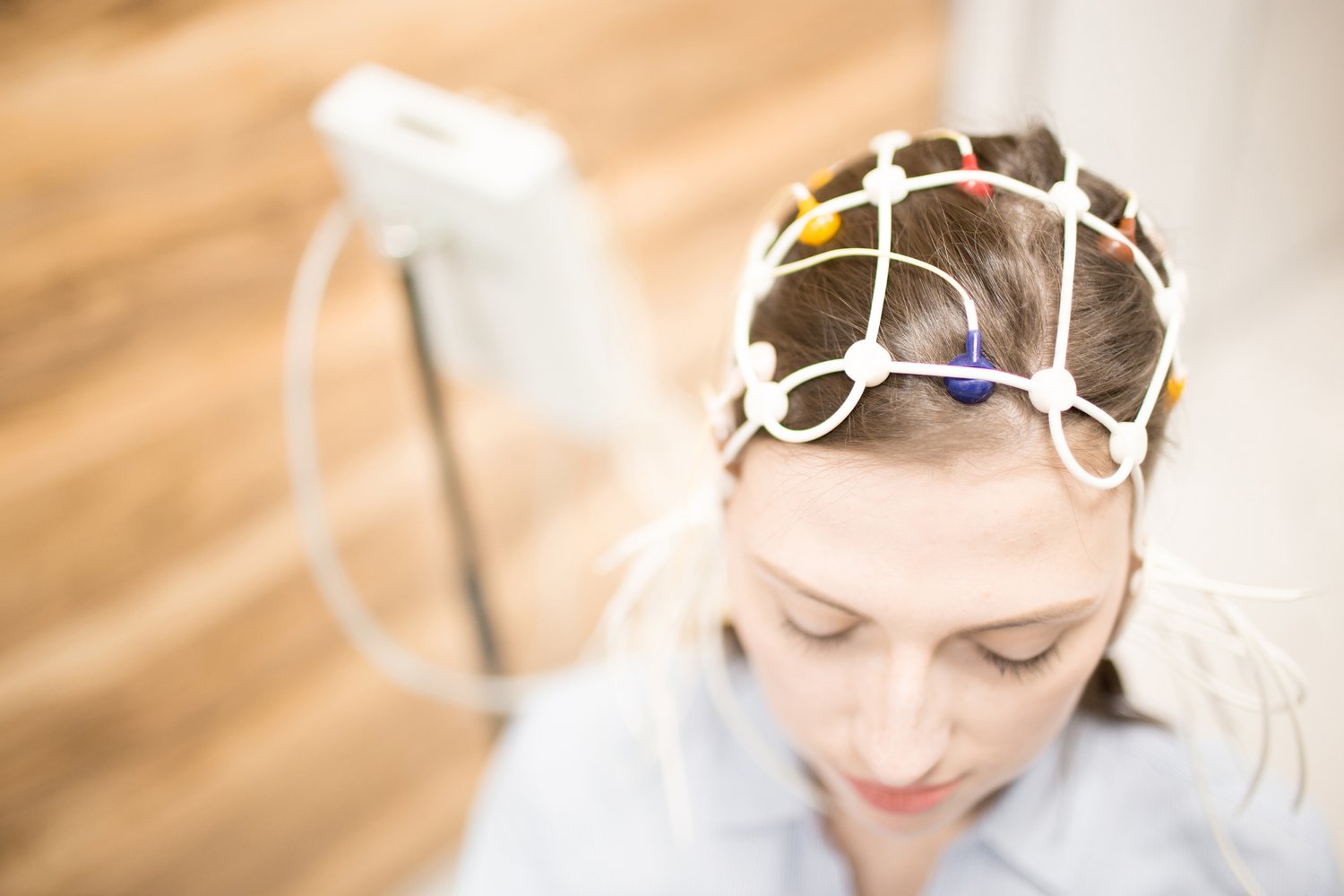“Cookies” and “healthy” aren’t usually found in the same sentence. Still, one of the lessons that I try to teach my patients is that it’s possible to eat healthy and delicious foods all year-round – even during the holiday season. This Christmas, try your hand at these gluten-free cookies filled with yummy ingredients that will treat your brain and body as much as your taste buds. Enjoy the delicacies of this season along with the health benefits of ingredients like cocoa powder, peppermint, and warm winter spices. All of these recipes are gluten-free, and can be made dairy-free.
1. Gluten-free Peppermint Chocolate Cookies
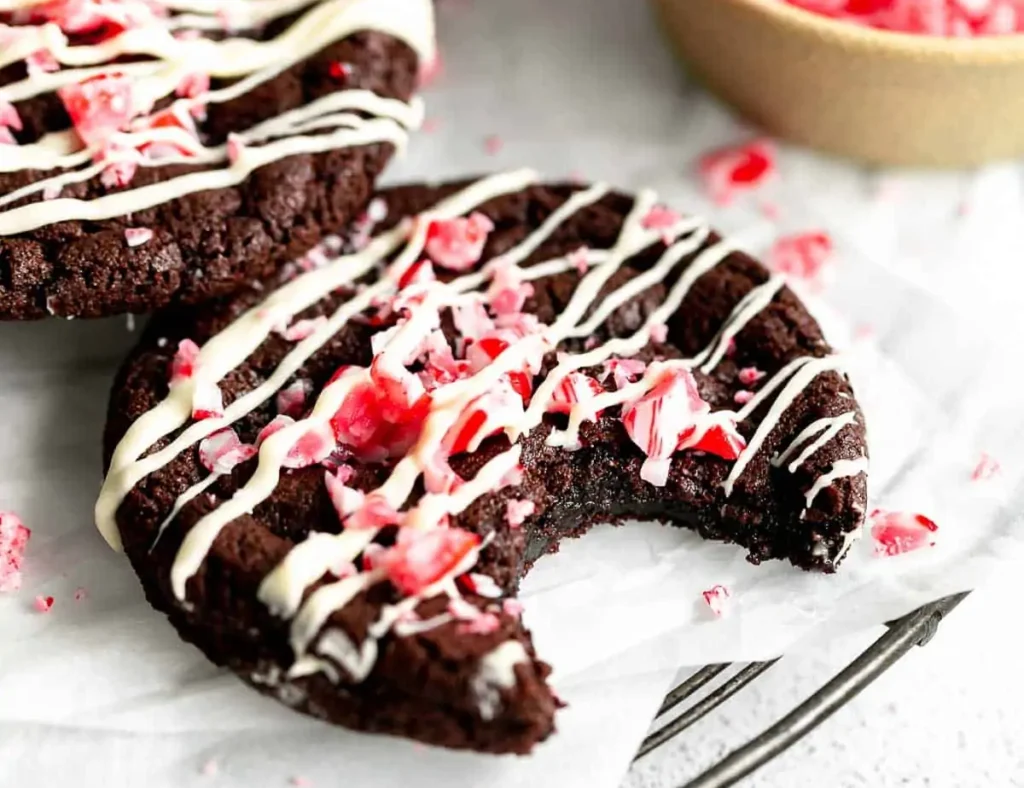
Relax and get cozy with these chocolate cookies filled with peppermint, which can act as a muscle relaxant to reduce headaches and improve sleep. A group of researchers also found that peppermint may help increase focus and memory recall.
2. Gluten-free Gingerbread Molasses Cookies

These soft and chewy gingerbread cookies are made with blackstrap molasses, which contains a variety of vitamins and minerals such as magnesium, iron, and calcium. Compare this with other sugars or sugar substitutes that have little to no nutritional value. Researchers also think molasses can help to boost bone health, lower blood pressure (thanks to its lower glycemic index), and protect the brain from aging.
3. Gluten-free Sugar Plums

You can get the kids involved in the cookie-making process with these easy, no-bake Christmas cookies. Let them pick their favorite nuts – studies have found that they can lower cholesterol, reduce blood clotting, and more. Walnuts in particular may improve memory and cognition, as well as reduce the risk of brain-based disorders like Alzheimer’s, depression, and Parkinson’s.
4. Peppermint Chocolate Truffles
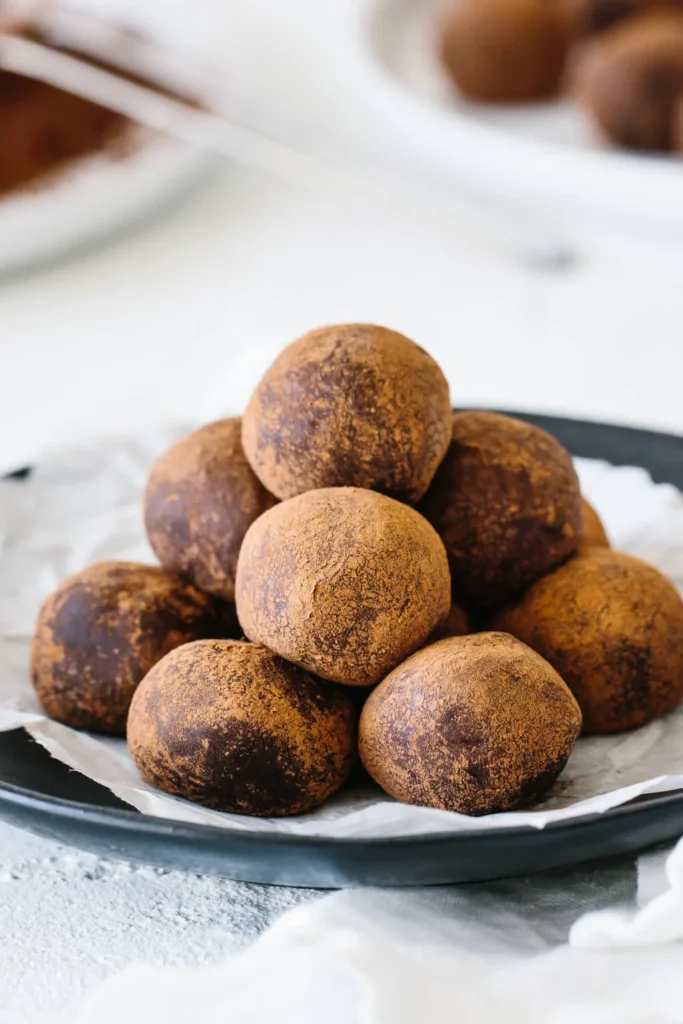
Knowing the benefits of the cocoa powder and chocolate will help ease your conscience when you steal an extra bite or two of these truffles on Christmas. Preliminary research shows that the antioxidants in chocolate can help protect your brain against aging, Alzheimer’s disease, and strokes. In addition, these truffles also include the relaxing benefit of peppermint.
5. Gluten-Free Cinnamon Sugar Snickerdoodle Cookies
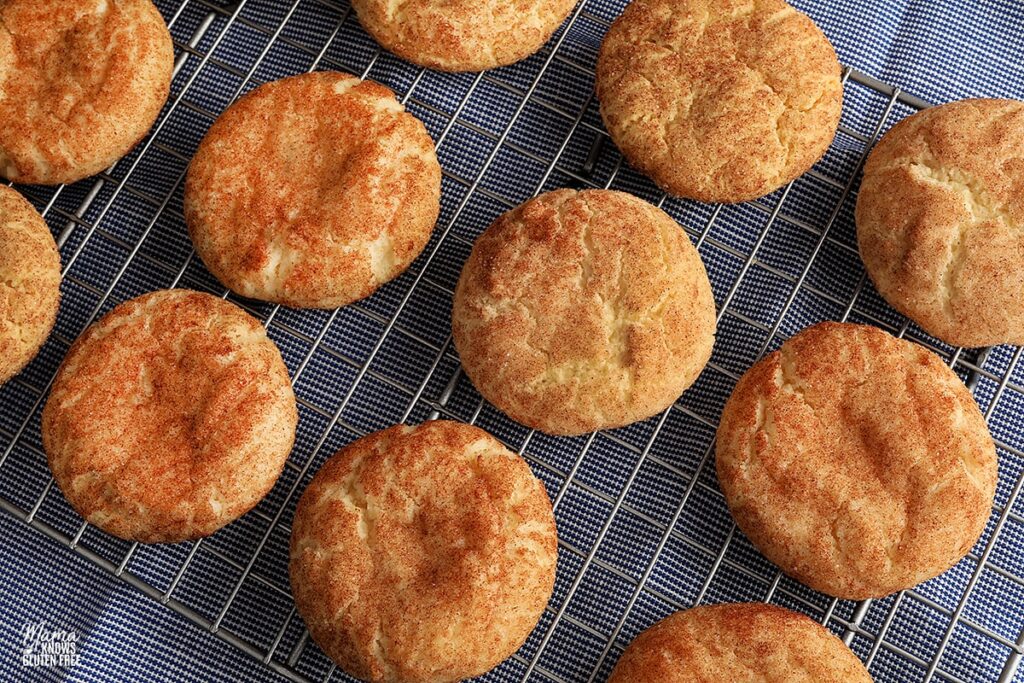
Adding a dash of cinnamon enhances both the festive flavors and health benefits of these sugar cookies. With its anti-inflammatory and neuroprotective effects, cinnamon can help reduce the risk of diseases like diabetes, Alzheimer’s, and other infections.
6. Gluten-Free Oatmeal Cookies
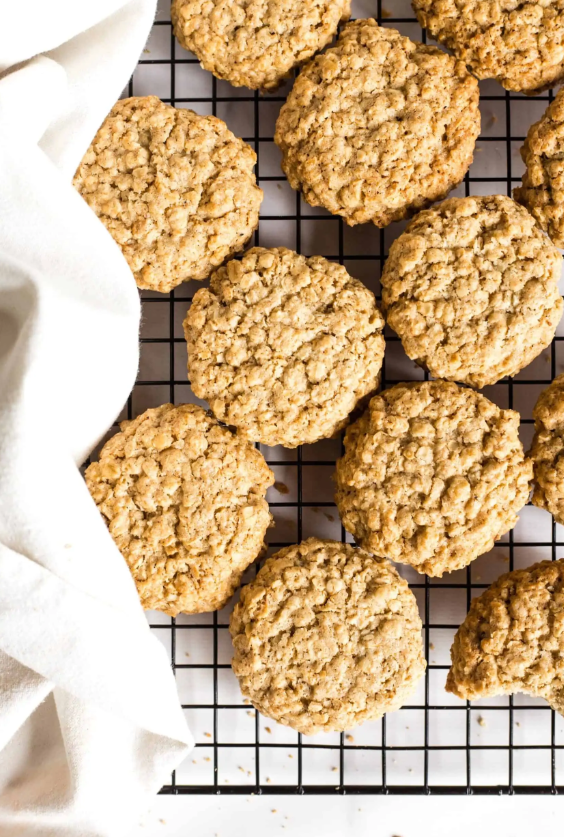
Oats aren’t just a cozy, classic ingredient—they’re a nutritious ancient grain packed with their standout superstar, beta-glucan. Beta-glucan is a special type of fiber that’s been shown to help lower cholesterol and support healthy blood sugar levels.
7. Coffee Cake Cookies
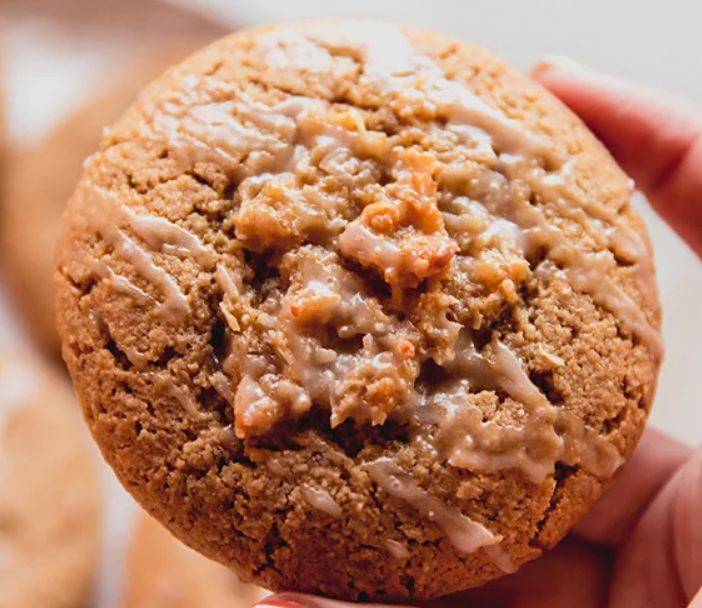
Coconut doesn’t just bring a nutty flavor to your Christmas cookies, it adds a boost of nutrition, too. Both the coconut oil and dried coconut in this recipe offer naturally occurring minerals that help keep your body running smoothly. Coconut is also high in antioxidants which help fight inflammation.
References
1. “12 Science-Backed Benefits of Peppermint Tea and Extracts” Healthline (2018)
2. “When you drink molasses every day, this is what happens to your body” Mashed (2020)
3. “Why nutritionists are crazy about nuts” Harvard Health Publishing (2017)
4. “Beneficial Effects of Walnuts on Cognition and Brain Health” Nutrients (2020)
5. “The neuroprotective effects of cocoa flavanol and its influence on cognitive performance” British Journal of Clinical Pharmacology (2013)
6. “10 Evidence-Based Health Benefits of Cinnamon” Healthline (2018)
7. A Review of Health-Beneficial Properties of Oats Foods (2021)
8. 11 Foods That Lower Cholesterol Harvard Health Publishing (2024)
9. 7 Health Benefits of Coconut Cleveland Clinic 2025
The information and any products mentioned in this article are not intended to diagnose, treat, cure, or prevent any disease. The information provided is for educational purposes only and not intended to replace the relationships with your physician(s). Before initiating any conventional or integrative treatments, please first consult with a licensed medical provider. Please review references cited at the end of article for scientific support of any claims made.
Suruchi Chandra, MD
By
December 16, 2025
|

